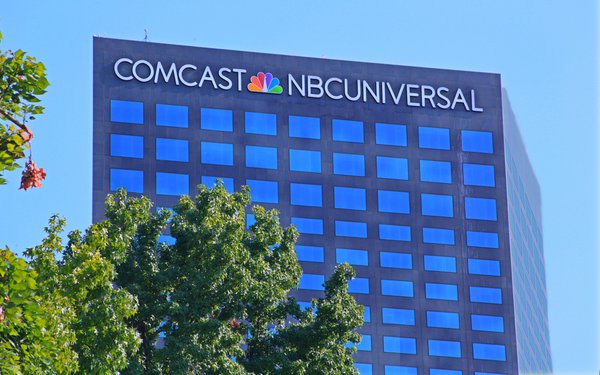
Renewal talks for NBCU linear networks running on virtual
pay TV network provider YouTube TV are taking an interesting turn.
YouTube TV is fighting back on the issue. But the parties involved are not just its usual competition: Traditional pay TV
cable, satellite, or virtual pay TV distributors (say Sling TV, Hulu + Live TV).
A new focus seems to be on streaming consumers themselves, who might also be YouTube TV customers.
One
YouTube representative told on industry publication: “NBCUniversal is asking us to pay more than what they charge consumers for the same content on Peacock, which would mean less flexibility and
higher prices for our subscribers.”
Current prices for Peacock come down to this: "Select Tier" -- ad-supported limited content, $7.99/month; "Premium" (ad-supported) $10.99/month, and
"Premium Plus" (mostly ad-free), $16.99/month.
advertisement
advertisement
Average live, linear TV network carriage fees per subscriber range from around $1 per subscriber per month to nearly $10 for high-demand sports
networks like ESPN.
ESPN charges $9.42 per household subscriber, according to S&P Global Market Intelligence.
So that might offer up a range that NBCU and YouTube TV are
negotiating over. But the real key is in the details -- overall deal price points and which price points to assign to each of its platforms and channels.
The NBC TV Network (via TV stations
affiliates) might be a top earner -- especially including “Sunday Night Football” and the forthcoming NBA prime-time package. Also consider Bravo, and perhaps its soon-to-be-spun off other
cable networks including: USA Network, MSNBC, SyFy, CNBC, Golf Channel, and E!.
In response to the stalemate, NBC has said : “Google [owner of YouTube], with its $3 trillion market cap,
already controls what Americans see online through search and ads — now it wants to control what we watch.’
NBCU and YouTube did not respond to inquiries by TV Watch by
press time.
Maybe a sign of where the pricing is going -- roughly -- is that YouTube says it will offer subscribers a $10 credit in the near term. This would align with typical ad-supported
monthly subscriber streaming fees, especially if the blackout lasts for say three weeks or so, with big sports events scheduled.
Going forward, one can assume these blackout incidents -- which
still generally pop up from time to time -- should drive consumers to make better near-term decisions when it comes to their future streaming platform additions. And yes, this might still include
keeping their existing but older TV network “bundles.”
Consumer media math continues to evolve.